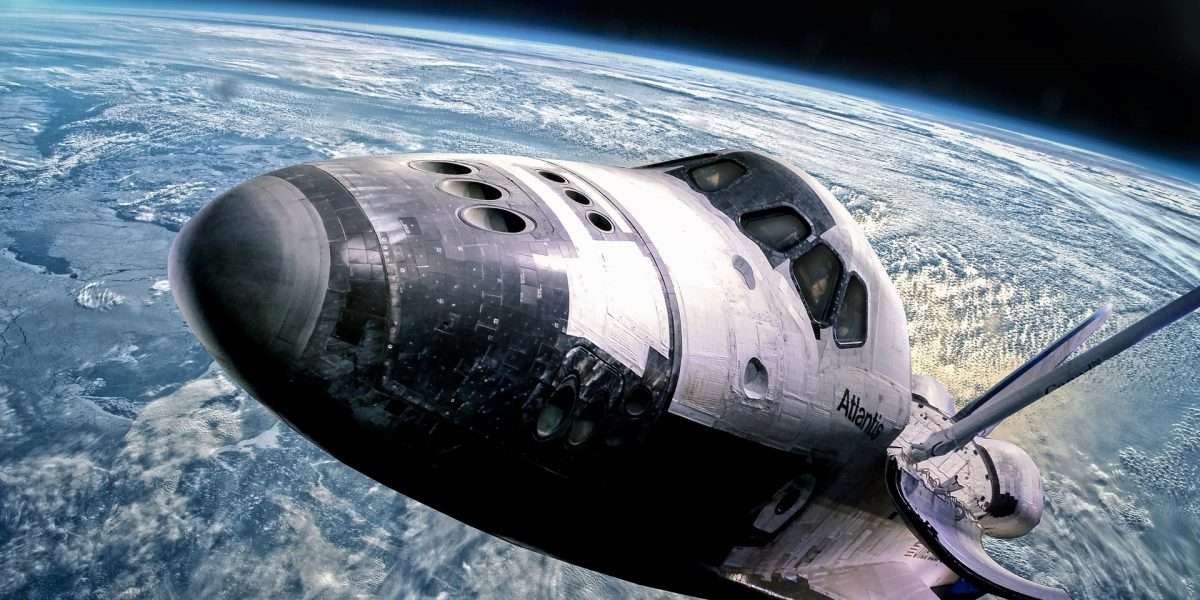[ad_1]

- DogecoinCryptosat launches its second satellite into space on SpaceX’s Transporter 6 mission on Jan. 3.
- Named Crypto2, the satellite has 30x more computational power than Cryptosat’s previously launched satellite.
Elon Musk’s enterprises continue to support cryptocurrency and blockchain technology mass adoption. Cryptosat, a company that builds satellites that power cryptographic, blockchain and ledger applications, has launched its second satellite via Musk’s spacecraft manufacturing and launching company SpaceX.
According to a press statement, Cryptosat sent the satellite to space on SpaceX’s Transporter 6 mission using the two-stage rocket SpaceX Falcon 9 on January 3. Named Crypto2, the satellite was part of the mission’s 114 payloads sent by operators in 23 countries. The mission, which is SpaceX’s first orbital launch in 2023, also sets a record as the second-largest rideshare mission in history.
At 9:55am EST our own Crypto2 is going to orbit aboard the Trasporter 6 SpaceX mission. Join us to watch it live:https://t.co/VRx4ePJEsx
— Cryptosat (@cryptosat) January 3, 2023
Notably, Crypto2 satellite is equipped with 30x more computational power than its predecessor Crypto2 which launched back in May 2022. The satellite will significantly expand the number of clients the company can serve simultaneously, according to Cryptosat’s co-founder Yonatan Winetraub.
“The launch of Crypto2 is a milestone toward infrastructure expansion from a single satellite in 2022. The launch of Crypto2 gives us more availability and more powerful spec to support the growing portfolio of use cases in our development pipeline,” he said.
Cryptosat’s aim for launching satellites to orbit is to eliminate physical hacks or network intrusion through space-based cryptography. Use cases for this include SNARK schemes whose security is dependent upon the point of conception.
The company has explained that its satellites are built by it from the ground up to ensure a trusted setup before its being launched into orbit. This allows it to guarantee that no third-party—including nation-state actors—can tamper with the satellites.
SpaceX fostering the adoption of crypto
The mission is SpaceX’s latest involvement in promoting the adoption of crypto. SpaceX launched its first crypto-related satellite, DOGE-1, in May 2021. It accepted Dogecoin (DOGE) as payment to settle bills for the mission.
At the time, SpaceX vice president of commercial sales, Tom Ochinero, noted that the initiative demonstrated how cryptocurrencies could “set the foundation for interplanetary commerce.”
Meanwhile, SpaceX founder and CEO, Elon Musk, has often talked about allowing the space exploration company to integrate more with crypto. He has suggested accepting payments in DOGE similar to how his electric car company Tesla does.
Musk’s acceptance and promotion of crypto have exerted significant influence on the market in the past. His influence is most felt in the Dogecoin market as he is very outspoken about the memecoin. Recently, his moves with Twitter have driven interest in the memecoin.
However, he also holds much sway over Bitcoin. Back in 2021, his announcement that Tesla would stop accepting BTC as payment crashed the price of the benchmark crypto. The concern he raised about BTC’s climate impact remains a hotly debated subject matter.
[ad_2]
Read More: www.crypto-news-flash.com










 Bitcoin
Bitcoin  Ethereum
Ethereum  Tether
Tether  XRP
XRP  Solana
Solana  USDC
USDC  TRON
TRON  Dogecoin
Dogecoin  Lido Staked Ether
Lido Staked Ether  Cardano
Cardano  Wrapped Bitcoin
Wrapped Bitcoin  Hyperliquid
Hyperliquid  Wrapped stETH
Wrapped stETH  Bitcoin Cash
Bitcoin Cash  Sui
Sui  Chainlink
Chainlink  LEO Token
LEO Token  Stellar
Stellar  Avalanche
Avalanche  Toncoin
Toncoin  USDS
USDS  WhiteBIT Coin
WhiteBIT Coin  Shiba Inu
Shiba Inu  WETH
WETH  Wrapped eETH
Wrapped eETH  Litecoin
Litecoin  Binance Bridged USDT (BNB Smart Chain)
Binance Bridged USDT (BNB Smart Chain)  Hedera
Hedera  Monero
Monero  Ethena USDe
Ethena USDe  Polkadot
Polkadot  Bitget Token
Bitget Token  Coinbase Wrapped BTC
Coinbase Wrapped BTC  Uniswap
Uniswap  Pepe
Pepe  Pi Network
Pi Network  Aave
Aave  Dai
Dai  Ethena Staked USDe
Ethena Staked USDe  OKB
OKB  Bittensor
Bittensor  BlackRock USD Institutional Digital Liquidity Fund
BlackRock USD Institutional Digital Liquidity Fund  Cronos
Cronos  Aptos
Aptos  Internet Computer
Internet Computer  NEAR Protocol
NEAR Protocol  Jito Staked SOL
Jito Staked SOL  sUSDS
sUSDS  Ethereum Classic
Ethereum Classic